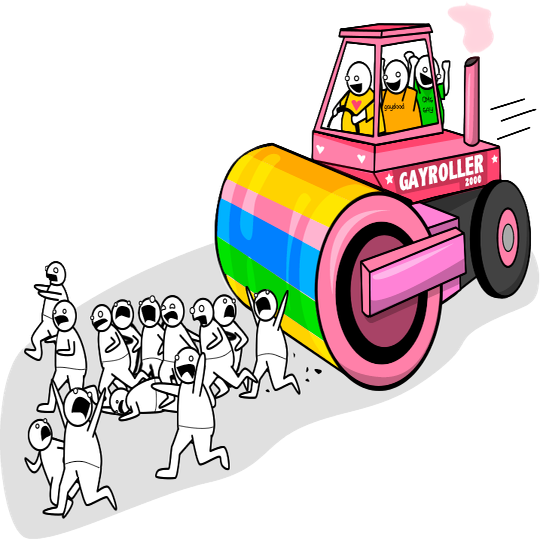

Posting neat Chinese phrases whenever I feel like #36
马上
Literally: “on horseback”
Figuratively: “right away; soon”


Posting neat Chinese phrases whenever I feel like #36
Literally: “on horseback”
Figuratively: “right away; soon”


you could also just use the player hotkeys to cycle through subtitles and secondary subs
felt lazy, might post details later


Yeah I should have explained it a little more in depth, haha. It’s hard to reduce these words to simple translations. All parts are weird enough on their own.
如 means “follow” more in the sense of “follow orders”, go along, comply, accord, be like, as if, etc. 果 means fruit in a very broad sense as the “effect” of a tree or seed, think like “bear fruit”, “fruitless”, “the fruits of one’s labor”, etc. So in combination they mean, what happens if the results of a situation are according to some description.
The other variant I think is a bit simpler. 要 means “ask for”, “demand”, “request”, “want”, “need”, “must”, sort of the inverse of the above 如 here. So a hypothetical demands that a situation 是 be a certain way. It places a restriction on the possible outcomes.
Sorry if this is nonsense, I might post other compounds with 果 and delve deeper … whenever I feel like™ 😎


Posting neat Chinese phrases whenever I feel like #35
Literally: “follow fruit / need be”
Figuratively: “if”


Don’t thank me, thank our gigachad devs


I have a confession to make. I am actually based cringe.


WE HAVE RUBY?


Posting neat Chinese phrases whenever I feel like #33
Remember 上 and 下 (up and down)? If your 心 (heart) was going up and down, how would you feel? Perhaps perturbed, fidgety, upset, on edge, uneasy, nervous?
This is a 2-syllable word where neither 忐 nor 忑 make sense on their own, they are strictly parts of this word. I’m also 99% sure that the characters were invented specifically for this word.


Posting neat Chinese phrases whenever I feel like #32
(nǎo dài)
Literally: “brain bag”
Figuratively: “head” (informal)


Posting neat Chinese phrases whenever I feel like #31
(yōng rén zì rǎo)
Literally: “mediocre person self disturb”
Figuratively: “worry about nothing / create trouble for oneself”


Chuck in shock, choked on chunky junk


Posting neat Chinese phrases whenever I feel like #30
(shàng + xià)
Iconic characters: one “arrow” up and one down! And if you feel some sense of déjà vu from last time, that’s because we’re doing more time analogies. If you had to choose between “up” and “down” to mean past or present, which would you pick? In any case, Chinese settled on …
up = past, and down = future. The way I’ve had it explained to me is that in writing, earlier events are on the top of the page and later events at the bottom, but I don’t trust this since it assumes widespread literacy historically. If you know a better explanation please advise!
下个星期见
(xià gè xīng qī jiàn)
[ɕja⁵¹
kɰɤ⁵¹
ɕɪŋ⁵⁵
tɕʰi⁵⁵
tɕjɛn⁵¹]
“see you next week” (down [one] star period see)


Posting neat Chinese phrases whenever I feel like #29
(qián + hòu)
The pair “front” + “back”. While of course both interesting in many ways, I want to focus on their time meaning. In modern English, we usually think of the future as in front of us and the past as behind us, but it’s the opposite in Chinese, and get this, in historic English as well! We can see traces of this in the words “before” and “after”!


old mega 




Posting neat Chinese phrases whenever I feel like #27
(wú chǎn jiē jí)
Literally: “[un-] property class”
Figuratively: “proletariat”
产 is sneaky as it usually means “production”, but that’s obviously not the case in this context.
阶级 is in turn composed of “stairs” and “rank”, respectively.


help i misspelled Brendan oh man i am not good with computer pls to help
维基百科? more like 危机百科 amirite?